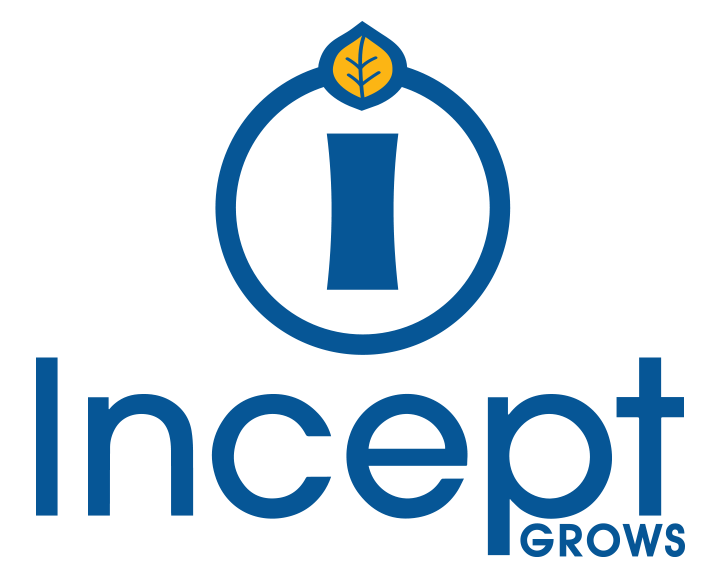Get your rising-star sales person their batting practice
Picture your short-tenured, high-potential sales person working on a close. He’s at the critical end of a challenging sales process with a big prospect. This prospect has great strategic value and a revenue potential to match. Now listen to your stomach. Are you nervous that your experienced closer isn’t having that conversation? Or are you excited at the opportunity the new guy is getting at this moment? Yes, you obviously want to win the business, but if you’re not also thinking about the value of the experience for their development, win or lose, then this post is dedicated to you… and your education on why those big at-bats are absolutely critical to their future success.
There is no substitute for game-time.
I tend to lean heavily on sports analogies, but this one runs so true it’s unavoidable. Training, parallel experience, shadowing, role-playing, scripting, etc. can get you comfortable with the content and the mechanics. Providing your future rainmaker with the situations to be able to sharpen their self-awareness, listening skills, self-control, etc. will yield a difference in your revenue and margins more than any other development path.
What to listen for?
Typical sales training focuses on providing the sales person with all the answers. Unfortunately, almost every market is seeing a more informed buyer before they even talk to your sales person. Filling the salesman’s head with great answers is becoming a more dangerous tactic every day. If their approach is focused on pitching and selling, they are inherently going to make assumptions about the buyer’s situation that risks turning them off or discrediting the salesman as a knowledgeable resource. Worst case, the prospect gets bored hearing information they’ve already gathered or irrelevant content. Listening will be the key to their ability to first build credibility and then offer a solution.
How to ask the right questions?
There is no better way for to build credibility than to ask great questions at the critical points in the sales process. It can show that you know your business and theirs, and can offer valuable insight. There is no better feedback and memory burner than a distinctive “That’s a really great question”… or on the developmental side, “of course, but that question’s not relevant to this conversation”.
How to respond to the difficult questions?
Some buyers still feel they need to “qualify” the person their buying from. It may be a deep technical question, or something important from the industry, but some buyers will play “stump the chump” to see if this sales person is worth their time. The answer is typically not as important as how it’s handled. The stress management and confidence, combined with training content, are difficult to put together in the moment without practice.
How to ask the difficult questions? When to push the prospect?
Repetition is the mother of skill. Asking the difficult questions of a prospect is inherently counter-intuitive to young sales people. It causes them and the prospect stress, so everything in their being is telling them not to push. But pushing at the appropriate time can be a huge multiplier in the speed of the sales process and also the level of understanding and relationship with the decision-maker. I don’t have to tell you what pushing with the wrong difficult question at the wrong time can yield.
If your rising star doesn’t get the opportunity to hone all of those skills, you’re leaving future money on the table. You’re also likely to lose them pretty soon - future all-stars don’t stay on the bench long.
